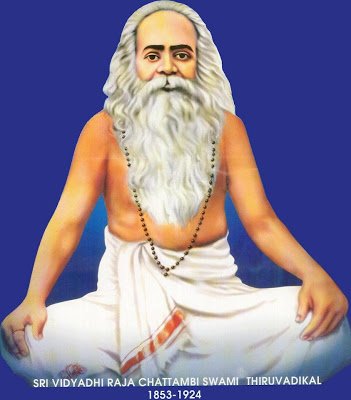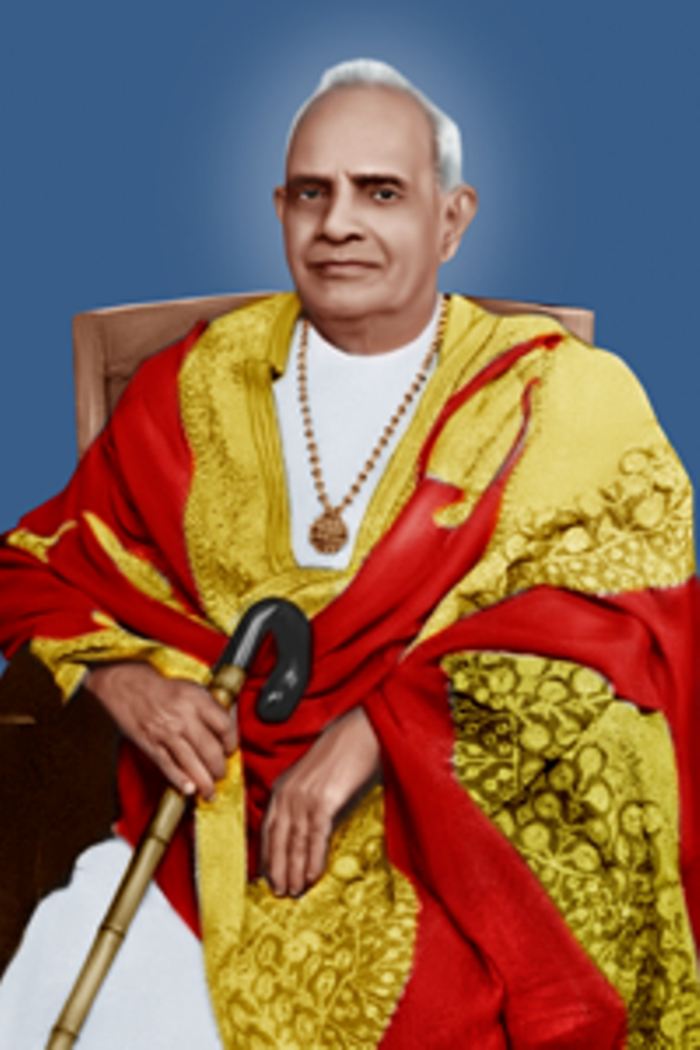Christopher Fuller, an anthropologist, has said that it is likely that the first reference to the Nair community was made by Pliny the Elder in his Natural History, dating from 77 AD. That work describes what is probably the Malabar coast area wherein could be found the “Nareae, who are shut in by the Capitalis range, the highest of all the mountains in India”. Fuller believes it probable that the Nareae referred to the Nairs and the Capitalis range is the Western Ghats.
There are large gaps in the known early history of the Kerala region, which in the 1st-century AD is thought to have been governed by the Chera dynasty and which by the late 3rd-century AD had broken up, possibly as a consequence of a decline in trade with the Romans. There is no evidence of Nairs (to use the modern name for the group of castes) in the area during this period.Inscriptions on copper-plate regarding grants of land and rights to settlements of Jewish and Christian traders, dated approximately between the 7th- and 9th-centuries AD, refer to Nair chiefs and soldiers from the Ernad, Walluvanad, Venad (later known as Travancore) and Palghat areas. As these inscriptions show the Nairs as witnesses to the agreements between those traders and the successors to the Cheras, the Perumals, it is probable that by this time the Nairs were vassal chieftains.
Sri.Vidyadhiraja Chattambi Swami Thiruvadikal was one of the most worshipped spiritual leaders of our country. Chattambi Swamikal was born on Chingam 11, 1029 (ME) (August 25, 1853) in a nair family known as Ulloorcode, near Kollur Mutt in Kannanmool, Thiruvananthapuram. Vasudeva Sharma (Anandasharma) was his father and Thirunanga mother. Parents called him by name Ayyappan, but he was known by per name ‘Kunjan’. He could not join a school for his studies due to the poor condition of his family. He overheard teaching of the ‘Asan’ from the Kollur Athiyar Mutt and knowing this he was Athiyar Mutt and knowing this he was permitted to sit inside the classroom. He studied Malayalam, Sanskrit and Tamil languages from this ‘Asan School’. He supervised the class and therefore, he came to be known as ‘Chattambi’, which means ‘monitor’. After his education, he practiced document writing as a job. He was also served as an Accountant in the Government Secretariat.He learnt the art of ‘Hat yoga’ from Thaikkattu Ayyavu, a Tamil Pandit and hat-yogi. He also learnt Tamil vedic works from Pandit Swaminatha Desika. He became a disciple of the famous pandit and scholar Subha Jatapathikal. He traveled thoughout South India and attained knowledge in different languages and religions. On return, he obtained expert training in the art of yoga from Admananda Swamikal.

“Here I met a remarkable man”, wrote Swami Vivekananda when he met Chattambi Swamikal at Ernakulam. He made this remark on hearing the clarifications on ‘Chinmudra’ from Chattambi Swamikal.
Pracheena Malayalam, Vedadhikara Niroopanam, Sree chakkra Poojakalpam, Khristumatha Niroopanam, Jeevakarunya Niroopanam, Adibhasha etc. were the main works of Swamikal.
Pracheena Malayalam is a precious research thesis as far as the Nair community is concerned. Swamikal refutes the fabricated story that Kerala was a gifted land of Brahmins by Parasurama. He strongly refutes this story through valid and authoritative documents and through realistic vision. This book is the authoritative history of Kerala and that of the Nair community. He established that Nairs were the leaders of the people. Kerala was not a gifted land of Brahmins but Brahmins migrated to Kerala and took possession of the land and property of Nairs and gradually made them their dependents. The book also reveals that Nairs were the early inhabitants and rulers of Kerala and they excelled themselves in warfare, physical strengthy, weaponry and cleanliness. The foreign travelers in early times who visited Kerala made made special mention about the lorships and war tactics of Nairs. The seventh chapter of Pracheena Malayalam contains quotations of this type of versions.
The Vedadhikara Niroopanam proves that Vedas are not the monopoly of Brahmins, but all Hindus alike can verse it. He established that even Sudras had the right to learn Vedas as knowledge is essential to all people like food and water and that no body has the right to deny them.
These two writings contributed for the social progress of Kerala by breaking the supremacy of Brahmins and by doing away with the superstitious beliefs and customs in society.

The late Sri Mannathu Padmanabhan founded The Nair Service Society, on 31 – 10 – 1914, He established NSS (Nair Service Society) at a crucial stage in the history of the Nair community who were facing a crisis brought about by disunity and blind adherence to outmoded customs, beliefs and practices. Nair community had a glorious past, but ignorance accumulated over centuries, reinforced by lack of proper education, proved disastrous for their community. Nair community’s predilection for celebrations and its penchant for ceremonial occasions fuelled by a strong affinity towards profligacy and extravaganza, contributed to the decline and downfall of this community. Gradual loss of land holdings, under-employment and unemployment due to lack of modern education completed the process of disintegration. It was at this juncture that Sri. Mannathu Padmanabhan took the initiative to unite the members of the Nair community and vitalize the disintegrated community under the organization “ The Nair Service Society”. He inspired them and gave them a dream, a dream of liberation from poverty, misery and ignorance. He set up hundreds of units of the N.S.S in his own unique way. With his persistence, tireless efforts, vision and farsightedness, the N.S.S opened an array of educational institutions, hospitals and other socially beneficial institutions all over the State of Kerala. Nair Service Society with its Headquarters in Changanassery is a prominent force taking care of the interest of Nair’s in Kerala.However as per the constitution of NSS it is not allowed to affiliate nair organizations from outside Kerala to be part of NSS.